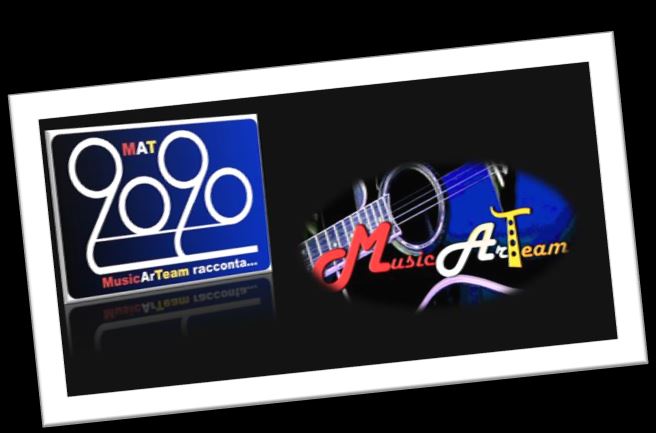On August 30, 1970, the Wight
Festival, held on the island of the same name, ended.
In 1970 many great artists took the stage of the Festival
held from 26 to 30 August: Jimi Hendrix, The Doors, The Who, Joni
Mitchell, Miles Davis, Jethro Tull, Free, Ten Years After, Joan Baez, Moody
Blues, Donovan, ELP, Leonard Cohen and many others.
The 70' edition is also the only documented edition of the five days of music thanks to the documentary "Message to Love: The Isle of Wigth Festival" by Murray Lerner.
It went down in history as the edition in which the most people participated (over six hundred thousand), young people from all walks of life, from all over Europe.
The Festival marked the debut of a great band like Emerson Lake & Palmer, and the end of another legend, Jimi Hendrix, who died two weeks later.
On the evening of August 30, Jethro Tull also played (in memory of Ian Anderson)
A Pop of Everything
Wazza
Isle of Wight: Ian Anderson remembered those days like this
The clash of cultures, between the sleepy inhabitants of the
Isle of Wight and the sweaty and dirty hordes that invaded the green pastures
of the island, was an image worth keeping.
There was something in the air at the end of the festival,
and it wasn't just the "scent" of the fans who had not even been able
to wash for four days.
I, on the other hand, took a hot shower before boarding a
small plane that took us from the south coast of England to the site of the
event.
We were supposed to close the festival with Jimi Hendrix, but
the situation was getting out of hand for the organizers. It was the last day
and many wanted to enter without paying the ticket and the hippies, tired after
three days, indulged in some episode of violence.
There was tension in the air, Tiny Tim (Editor's note, an
American folk singer) wanted to be paid in advance, Joni Mitchell burst into
tears on stage while Jimi Hendrix was not in the mood at all.
Having done several shows with him over the last couple of
years, we knew his ups and downs, and we knew full well that he could pull off
a historic performance, or be a disaster.
There were arguments between our entourage and Jimi Hendrix's
entourage, because neither of us wanted to be the last to close the festival.
In the end, we won and played before Jimi; it was not the
best performance of our lives, but the important thing was to be able to say:
"We were there".
This was the Isle of Wight, the English Woodstock, towards
the sunset of the hippie era.
Our manager Terry Ellis begged us to keep calm, while I
prayed to myself that Glenn (Cornick) and Martin (Barre) would be able to keep
time in that situation.
All around Murray Lerner's cameras filmed everything, and the
resulting documentary is still a magnificent painting of the time today.
The sensations that a drum solo caused in 1970 are strange,
you listen to it again today and you realize how time passes, but the
sensations are still the same as then.
How did we play on the Isle of Wight? Was it good music? Bad
music? I don't know, but it was certainly the music we played in the early days
of Jethro Tull.
It wasn't progressive rock, it was just frenzy and enthusiasm
that we transmitted to our Gibsons, Fenders, and my flute, what brand it was I
don't remember.
Like the Who, we were able to transmit so much energy that we
overcame technical imperfections. Like the Moody Blues we put something classic
in it, like Tiny Tim we allowed ourselves some operetta vulgarity, but no one
was like Jimi...
His last great performance on planet earth began with some
uncertainty and I thought he would not have a great evening, but then he
recovered and giving in to the demands of the crowd he played his greatest hits
for the last time.
I flew to England while Jimi was still on stage, but he left
for good a few days later.
Jimi had not been a great friend of mine, but he certainly
would have been, if only he were still alive now.






Nessun commento:
Posta un commento